What Does It Mean To Think Strategically
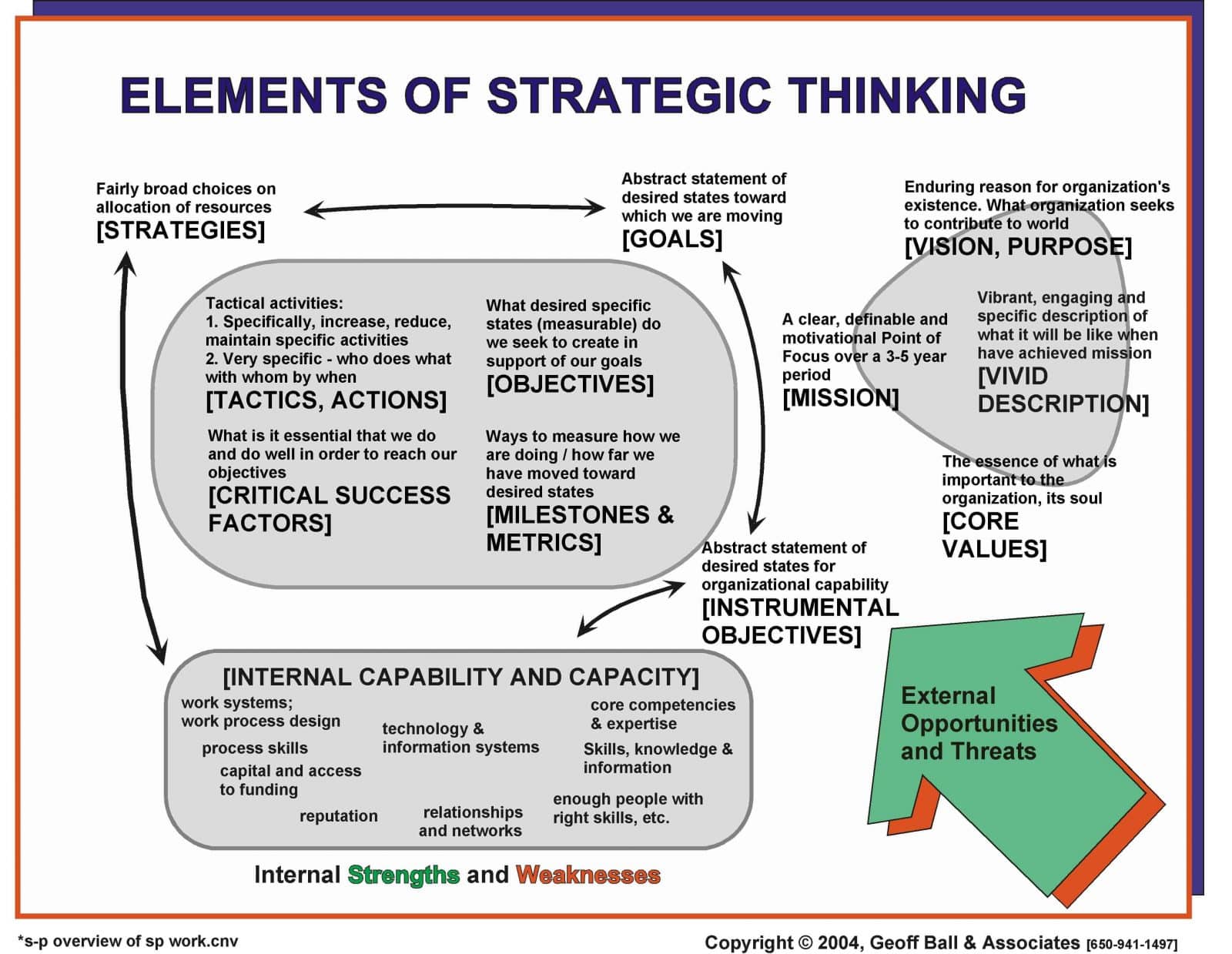
In an increasingly complex and rapidly changing world, the ability to think strategically has become a crucial skill for individuals and organizations alike. But what exactly does it mean to think strategically, and how can one cultivate this valuable competency?
At its core, strategic thinking is about making informed decisions that align with long-term goals, considering the broader context, and anticipating potential challenges and opportunities. It's not just about reacting to immediate problems, but about proactively shaping the future.
Understanding the Nuances of Strategic Thought
Strategic thinking is often confused with other types of thinking, such as tactical or operational thinking. While these are related, they operate at different levels of focus and time horizon.
Tactical thinking focuses on short-term actions and immediate goals. Operational thinking deals with the day-to-day execution of tasks and processes. Strategic thinking, in contrast, is broader, longer-term, and more focused on the "why" behind the actions.
Key Components of a Strategic Mindset
Several key elements contribute to a strategic mindset. Firstly, critical thinking is essential. It involves analyzing information objectively, identifying assumptions, and evaluating different perspectives.
Secondly, foresight plays a critical role. Strategic thinkers are able to anticipate future trends, potential risks, and emerging opportunities.
Thirdly, systems thinking is crucial. It means understanding how different parts of a system interact and influence each other.
Fourthly, problem-solving skills are vital. Strategic thinkers are adept at identifying the root causes of problems and developing creative solutions.
Developing Strategic Thinking Skills
Strategic thinking is not an innate talent, but rather a skill that can be developed and honed through practice and conscious effort. One way to cultivate this skill is by actively seeking out diverse perspectives and challenging your own assumptions.
According to a report by the Harvard Business Review, leaders who foster a culture of intellectual curiosity and open debate are more likely to encourage strategic thinking within their organizations.
Another helpful approach is to engage in scenario planning, which involves exploring different possible futures and developing strategies to address each scenario. This allows for a more flexible and adaptable approach to decision-making.
Mentorship and coaching can also play a significant role in developing strategic thinking skills. Learning from experienced leaders and receiving feedback on your decision-making process can accelerate your growth.
The Impact of Strategic Thinking
The ability to think strategically has far-reaching implications for individuals, organizations, and society as a whole. For individuals, it can lead to better career outcomes, improved decision-making, and a greater sense of purpose.
For organizations, strategic thinking can drive innovation, improve competitiveness, and enhance long-term sustainability. Companies that prioritize strategic thinking are better equipped to navigate complex challenges and capitalize on emerging opportunities.
A statement from the World Economic Forum highlighted that strategic thinking is a key skill for navigating the Fourth Industrial Revolution and adapting to rapid technological advancements.
In conclusion, strategic thinking is more than just a buzzword; it's a fundamental skill for success in today's world. By cultivating a strategic mindset, individuals and organizations can make better decisions, achieve their goals, and create a more positive future.
"The essence of strategy is choosing what not to do." - Michael Porter
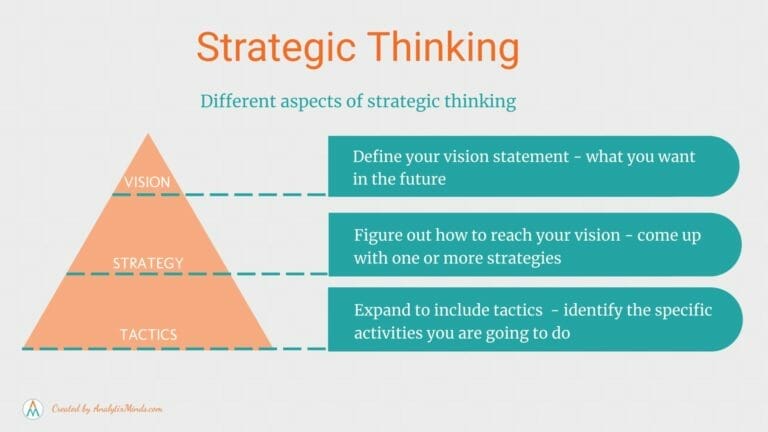
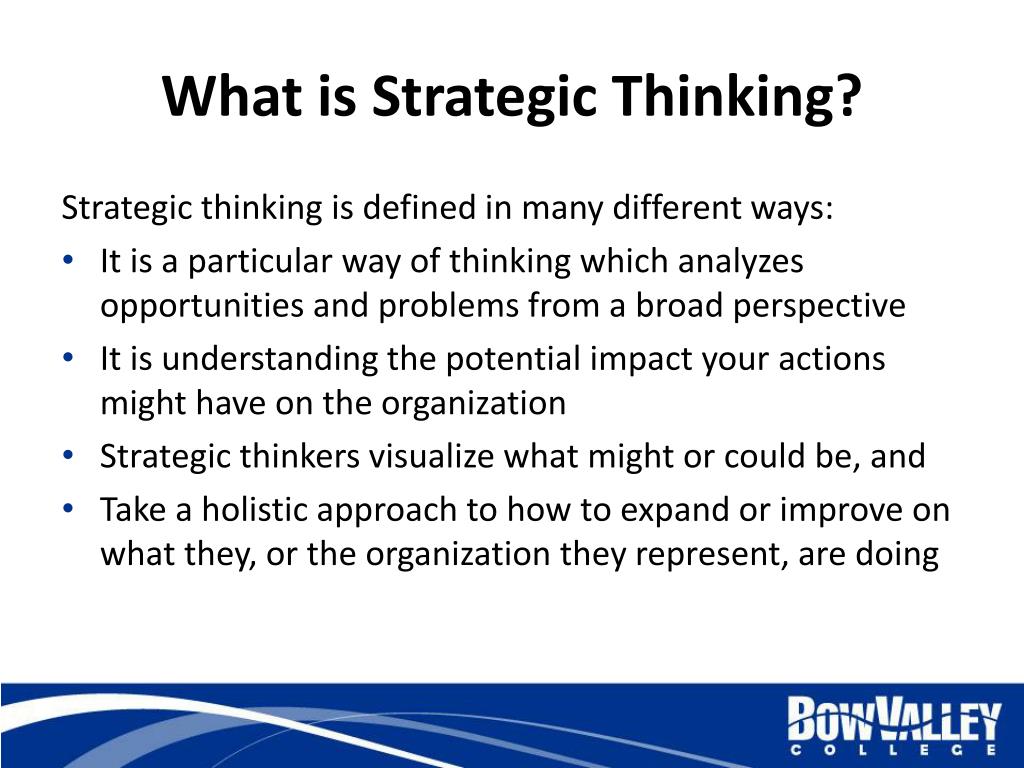





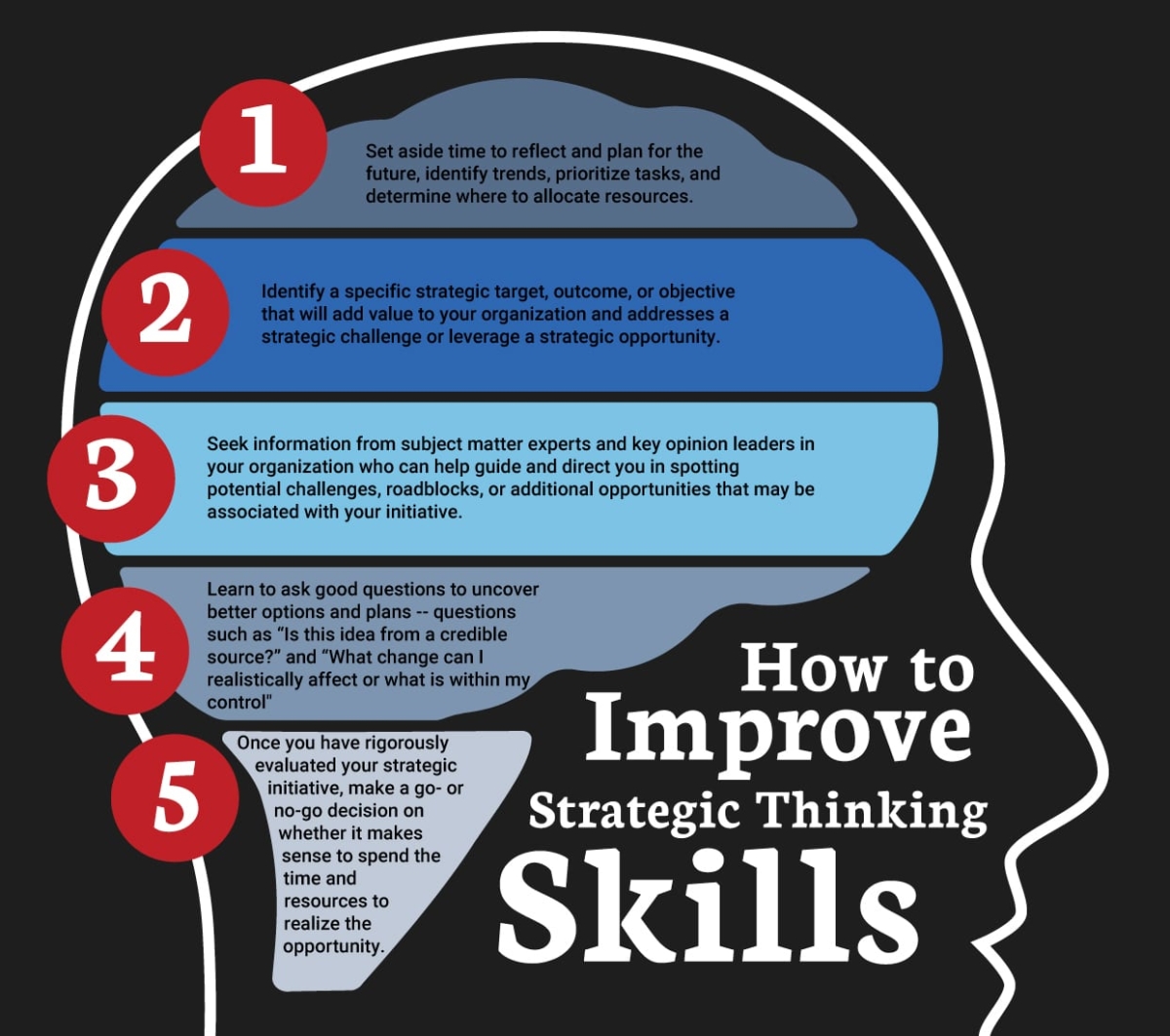

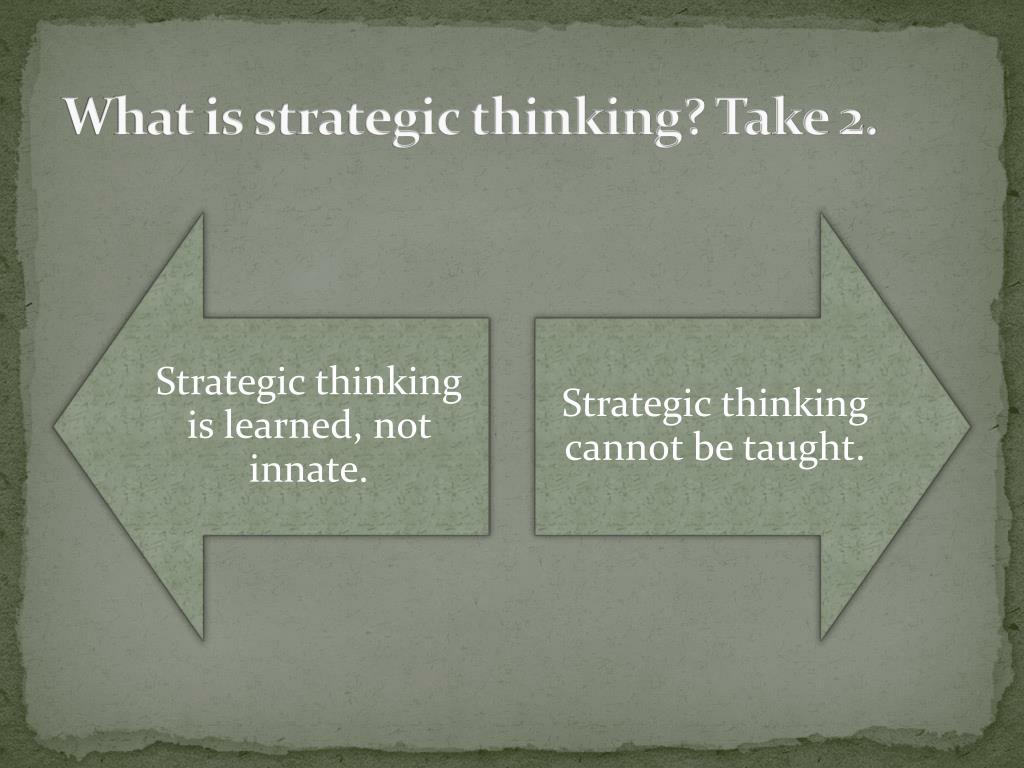
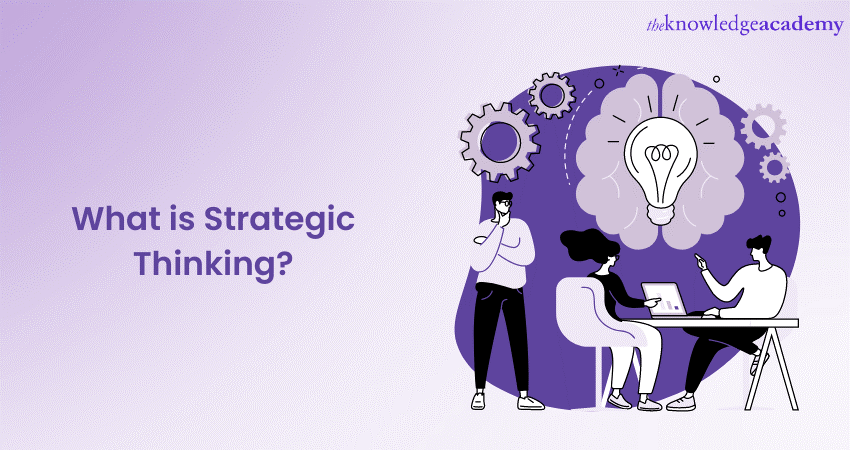

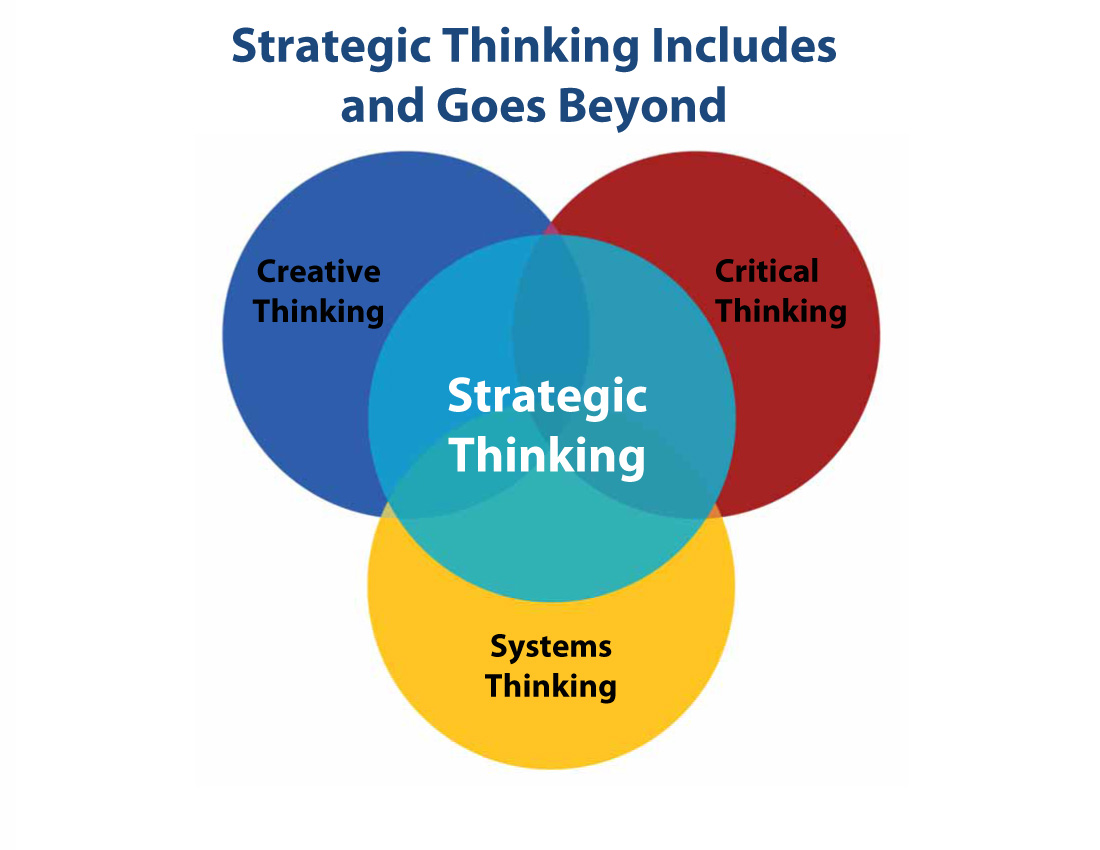

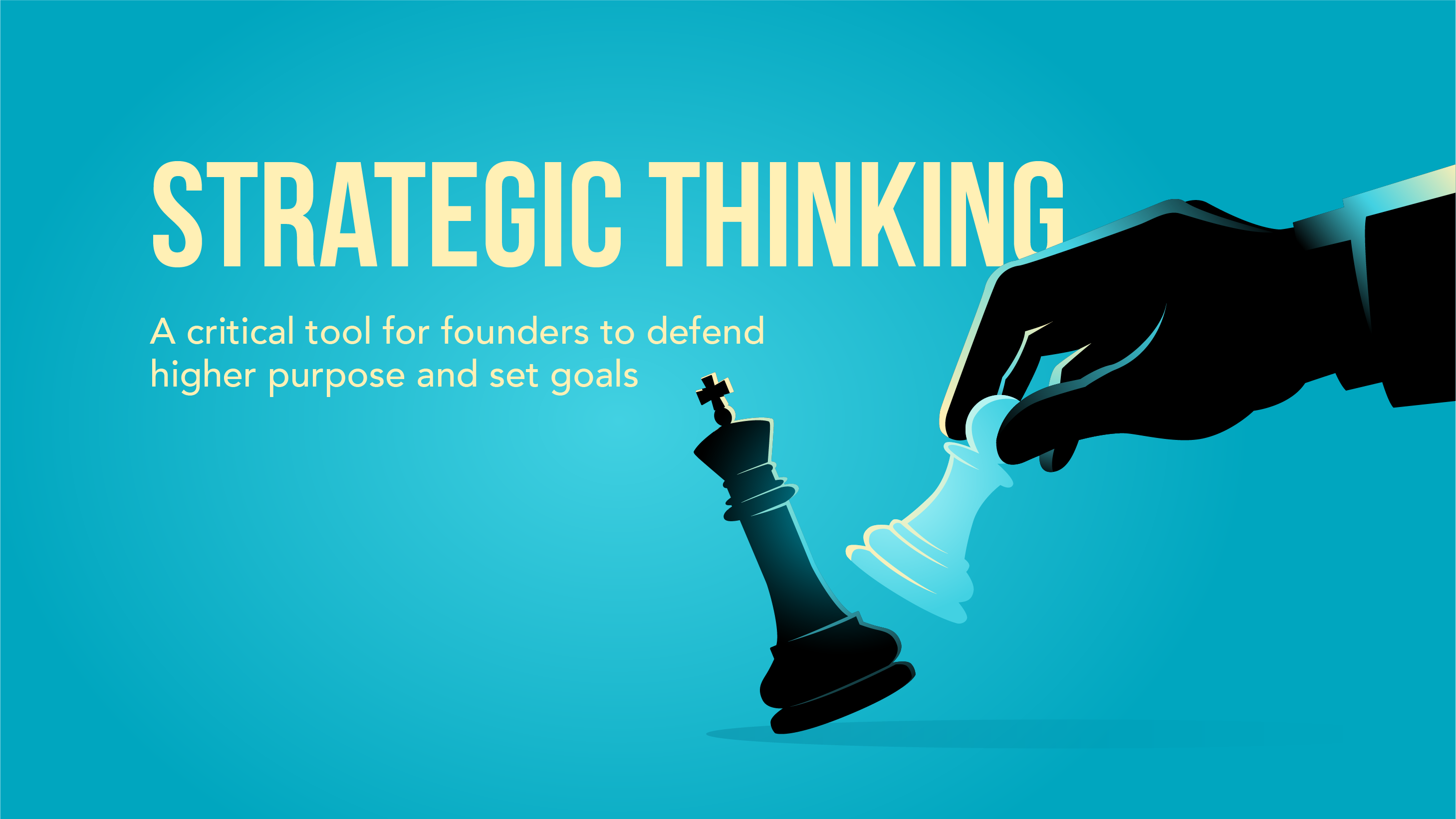
.png)


